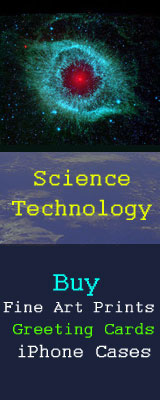.
John Craig
John Craig (1663 – October 11, 1731) was a Scottish mathematician theologist.
Born in Dumfries and educated at the University of Edinburgh, he moved to England and became a vicar in the Church of England.
A friend of Isaac Newton, he wrote several minor works about the new calculus. He is mainly known for his book Theologiae Christianae Principia Mathematica (Mathematical Principles of Christian Theology), published in 1698.
In the aforementioned book, Craig presents a formula that describes how the probability of a historical event depends on the number of primary witnesses, on the chain of transmission through secondary witnesses, on the elapsed time and on the spatial distance. Using this formula, Craig derived that the probability of the story of Jesus would reach 0 in the year 3150. This year he interpreted as the Second Coming of Christ because of verse 18:8 in the Gospel of Luke.
His work was poorly received. Several later mathematicians complained about his imprecise use of probability and the unsupported derivation of his formula. Stephen Stigler, in his 1999 book (see references, below) gave a more favorable interpretation, pointing out that some of Craig's reasoning can be justified if his "probability" is interpreted as the log-likelihood ratio.
He was elected to Fellow of the Royal Society in 1711.
References
S. M. Stigler, Statistics on the Table, Chapter 13, Harvard University Press, (1999).
J. F. Scott, Dictionary of Scientific Biography (New York 1970–1990).
A. I. Dale, Dictionary of National Biography (Oxford, 2004).
R. Nash, John Craige's mathematical principles of Christian theology (1991).
M. Cantor, Vorlesungen über Geschichte der Mathematik III (Leipzig, 1896), 52, 188.
Dictionary of National Biography (London, 1917).
S. M. Stigler, John Craig and the probability of history: from the death of Christ to the birth of Laplace, Journal of the American Statistical Association 81 (1986), 879–887.
External links
MacTutor: John Craig
Significant Scots: John Craig
Retrieved from "http://en.wikipedia.org/"
All text is available under the terms of the GNU Free Documentation License


